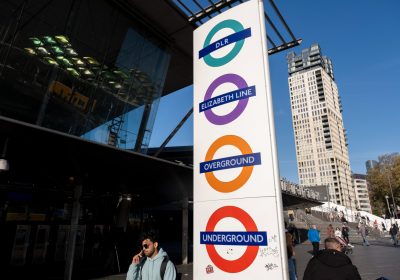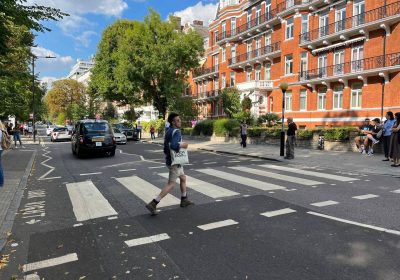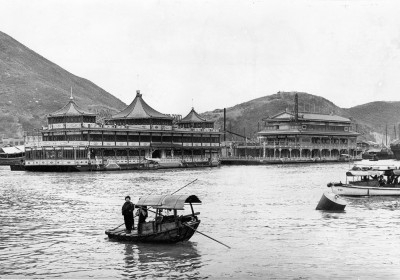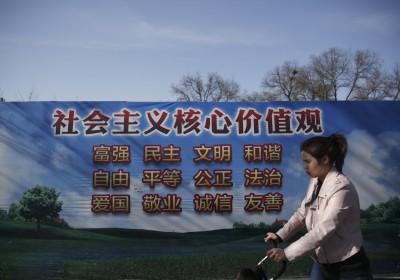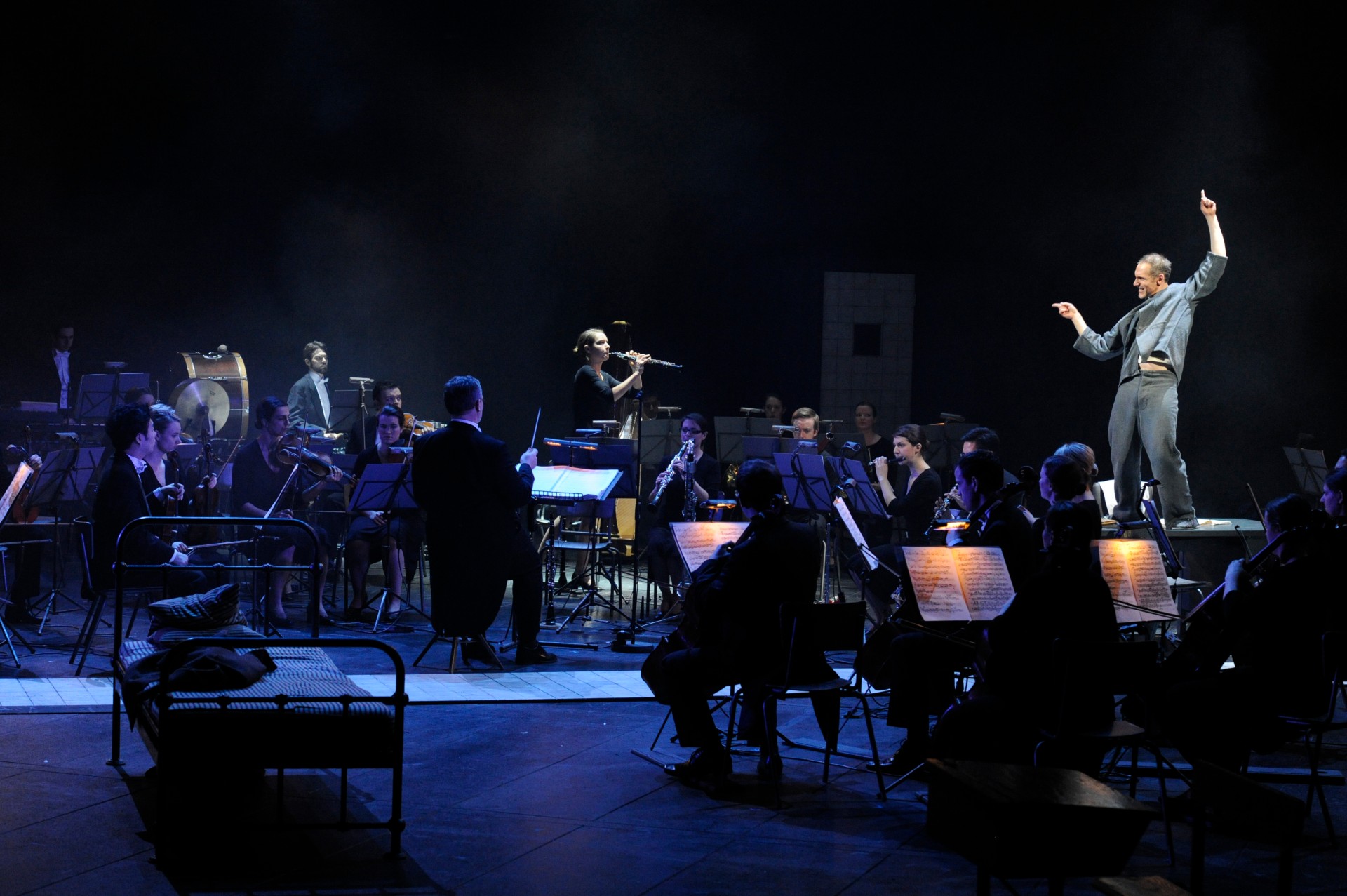
When I was still living in Hong Kong in the late 2000s and early 2010s, I had the opportunity to attend a good number of concerts by some of the world’s most critically-acclaimed orchestras, including the Vienna Philharmonic, London Philharmonic, New York Philharmonic, Chicago Symphony and the Royal Concertgebouw. These ensembles all delivered fine but rather underwhelming performances, perhaps thanks to their hectic touring schedules as well as the appalling acoustics at the Cultural Centre Concert Hall.
The one orchestral concert that is forever etched in my mind, however, was not delivered by a widely acclaimed orchestra that charged astronomical prices. Instead, it featured a group of young, talented musicians that have just graduated from some of the world’s leading music conservatoires. The ensemble – the London-based Southbank Sinfonia – was little known outside Europe when that concert took place in 2015. Indeed, it was making its debut in Asia then! As I recalled, the concert’s programme featured works from the musical canon, while Ning Feng, the outstanding Chinese violinist, was the soloist.
To be honest, I had absolutely no intention to go to this concert. My plans that evening were ruined by a mixture of the awful weather and problems with public transport, and I just happened to find myself in the vicinity of the City Hall. Feeling rather peckish, I went to the café in the foyer to grab myself a bite and coincidentally saw a stream of distinguished-looking Westerners entering the concert hall. My curiosity was piqued and I managed to grab one of the last tickets on offer for the performance that evening.
The subsequent two hours were a revelation. Never before have I seen a group of musicians perform with so much passion, dedication and character. The concert was not just breathtaking, energetic and full of exciting musical ideas, but it also provided an interpretation of Beethoven and Mozart that was at the same time both original and innovative.
Whilst I felt sheepish for not having heard of Southbank Sinfonia until that evening, I rectified my ignorance and became a fervent follower of the orchestra immediately afterward.
In the following years, I had the pleasure of attending Southbank Sinfonia’s concerts in the UK, Germany and Italy, and its performances have never failed to amaze me. Indeed, they were always full of life and thoughtfully crafted, whilst also serving as the best refutation for anyone questioning if classical music was dying.
Founded in 2000, Southbank Sinfonia is one of the world’s premier orchestra academies and provides its musicians (also known as fellows) an unrivalled springboard into the professional classical music world. Each year, 33 of the world’s most promising graduate musicians are selected out of some 500 applicants to embark on a year’s of ambitious and exciting musical adventures.
On the one hand, they have the opportunities to perform under the baton of some of the world’s leading conductors, such as Sir Antonio Pappano, Edward Gardner, Marin Alsop and Vladimir Ashkenazy, as well as collaborate with renowned soloists including Raphael Wallfisch, Steven Isserlis, Sir Thomas Allen and Dame Emma Kirkby. Indeed, they are afforded the luxury to give concerts in monumental venues, from the Westminster Hall, to the Royal Albert Hall, Notre-Dame de Paris and the Basilica of Saint Paul Outside the Walls, and to participate in collaborative projects with prominent professional orchestras like the Academy of St Martin in the Fields, the Bournemouth Symphony Orchestra and the Orchestra of the Royal Opera House.
On the other hand, fellows of Southbank Sinfonia also have the invaluable chance to inspire, coach and connect with young people. For instance, the orchestra’s Family Concerts and Musical Zoo events strive to introduce children to classical music and allow them to try out different instruments, while its side-by-side projects with Tollgate Primary School, Cardinal Vaughan Memorial School, Oasis Academy Southbank and In Harmony Lambeth aim to develop the talent of the next generation of budding musicians. All these activities not only allow Southbank Sinfonia’s musicians to enhance and refine their musicality, leadership and communication skills but also ensure that they enter the musical profession as a complete, compassionate and open-minded individuals.
In addition to my teaching commitments at the Universities of Oxford, Cambridge and London, I now work as a researcher for Southbank Sinfonia as well as St John’s Smith Square, a historic concert hall in London where the orchestra is based. It has been a joy studying their archival documents and understanding their rich history, and it is equally rewarding to curate exhibitions, write programme notes and give musical talks to engage with the public.
I look forward to continuing to play a small role in supporting this organisation in the future. It is a great pleasure to provide exciting opportunities for talented and high-flying musicians, to enrich the cultural landscape of the United Kingdom, and to promote classical music to a broader, more diverse audience.





